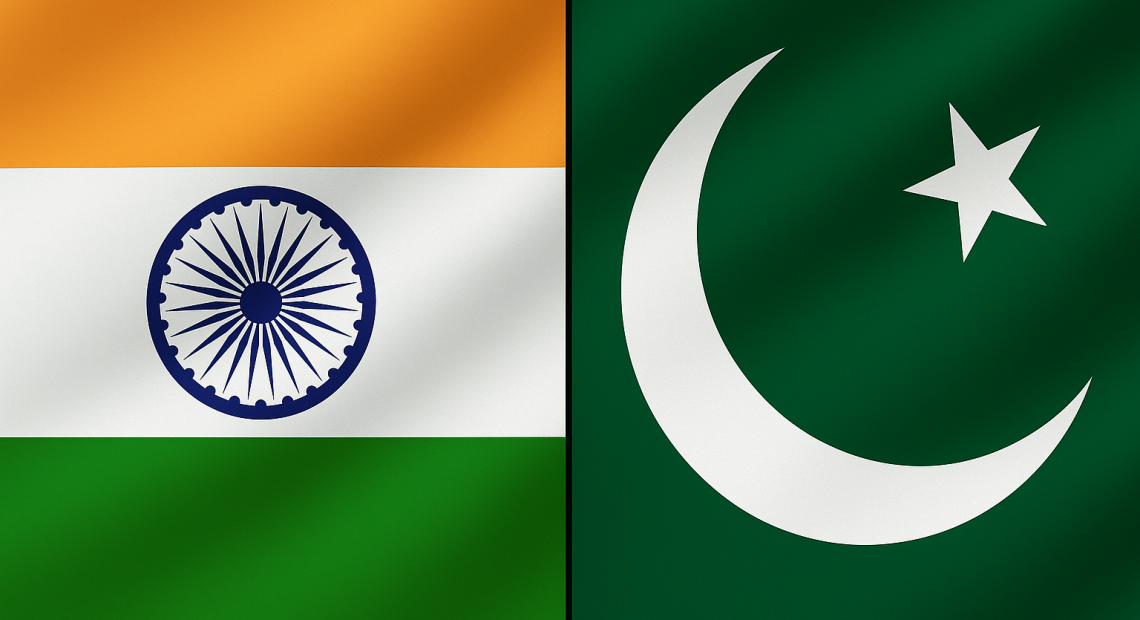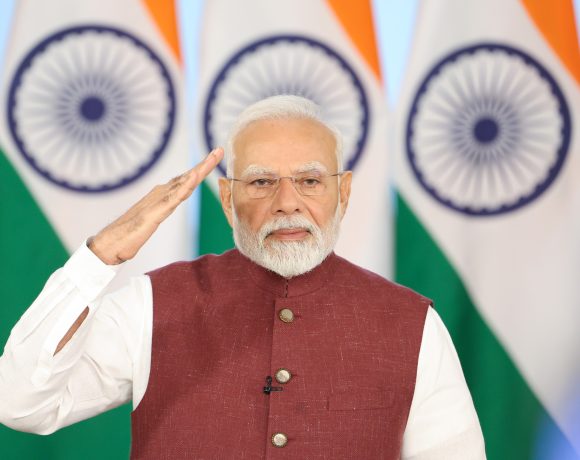
Pakistani Nationals Depart India Amid Escalating Tensions
As tensions between India and Pakistan reach a boiling point following the recent terrorist attack in Pahalgam, the Indian government has initiated a wave of visa cancellations for Pakistani nationals residing in the country. This has led to the quiet but steady departure of hundreds of Pakistani citizens through the Attari-Wagah border.
The government’s decision is being framed as a security necessity after a terror strike that claimed 26 Indian lives. In the days following the attack, authorities swiftly moved to revoke existing visas and instructed all Pakistani nationals without permanent residency to exit Indian territory immediately. Officials have indicated that this measure is part of broader national security efforts and preemptive steps against foreign influence potentially linked to hostile activities.
Families with long-standing ties to India have been caught in the fallout. Among those forced to leave is a man who had resided in India for 17 years and held Indian identity documents, including a voter ID and Aadhaar card. “Humne vote bhi cast kiya,” he lamented, emphasizing the personal and civic bond he had formed with the country he now has to leave behind.
Emotional Goodbyes and Broken Families
Scenes at the border have turned emotional, as many families face forced separation. Some Pakistani women married to Indian men were asked to leave despite having just given birth or having minor children. These cases are highlighting a disturbing human cost behind the broader political narrative. One woman, sent back just weeks after childbirth, was forced to leave her newborn behind with her husband, an Indian citizen.
Several departing individuals have pleaded for the reconsideration of blanket policies, stating they have lived peacefully, contributed to society, and maintained no ties to radical elements.
Deteriorating Diplomatic Relations
This mass departure marks another grim milestone in the rapidly worsening relationship between the two countries. Following the attack, India also suspended key bilateral agreements and imposed trade restrictions. Pakistan retaliated by halting overflight permissions for Indian carriers and freezing communication lines.
With both governments hardening their stance, diplomatic channels have gone silent. While officials insist that the moves are necessary for national security, critics argue that civilians with no link to terrorism are being caught in the crossfire of state-level retaliation.
Calls for de-escalation have been made by various international observers, but with no official dialogue underway, the prospect of normalization appears distant. The situation on the ground remains tense, with each policy measure reinforcing the growing wall between the two nations — and their people.


















